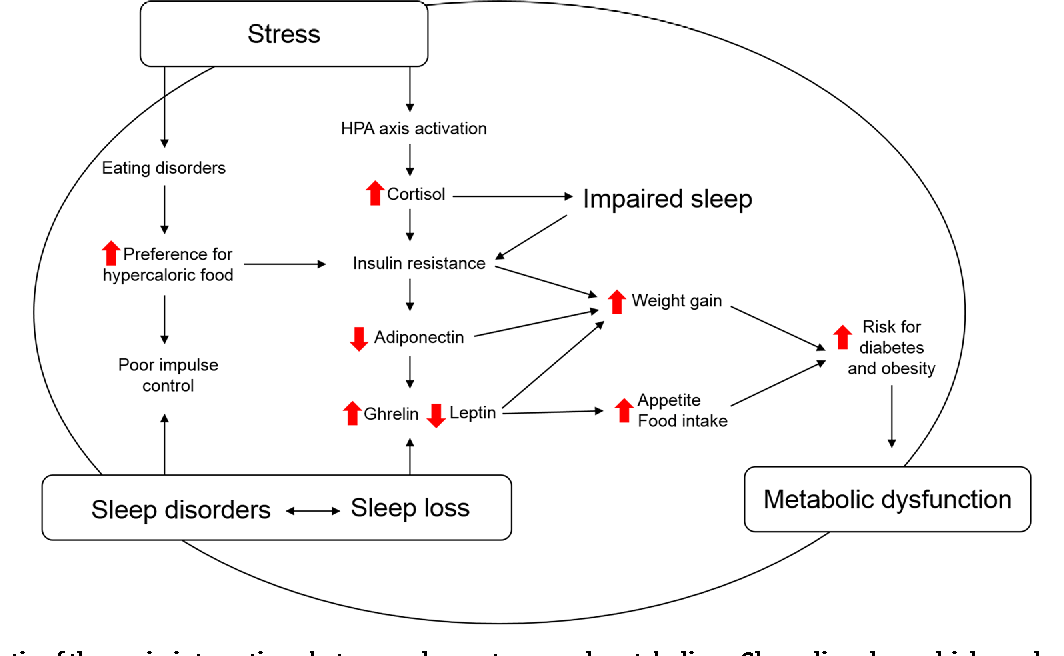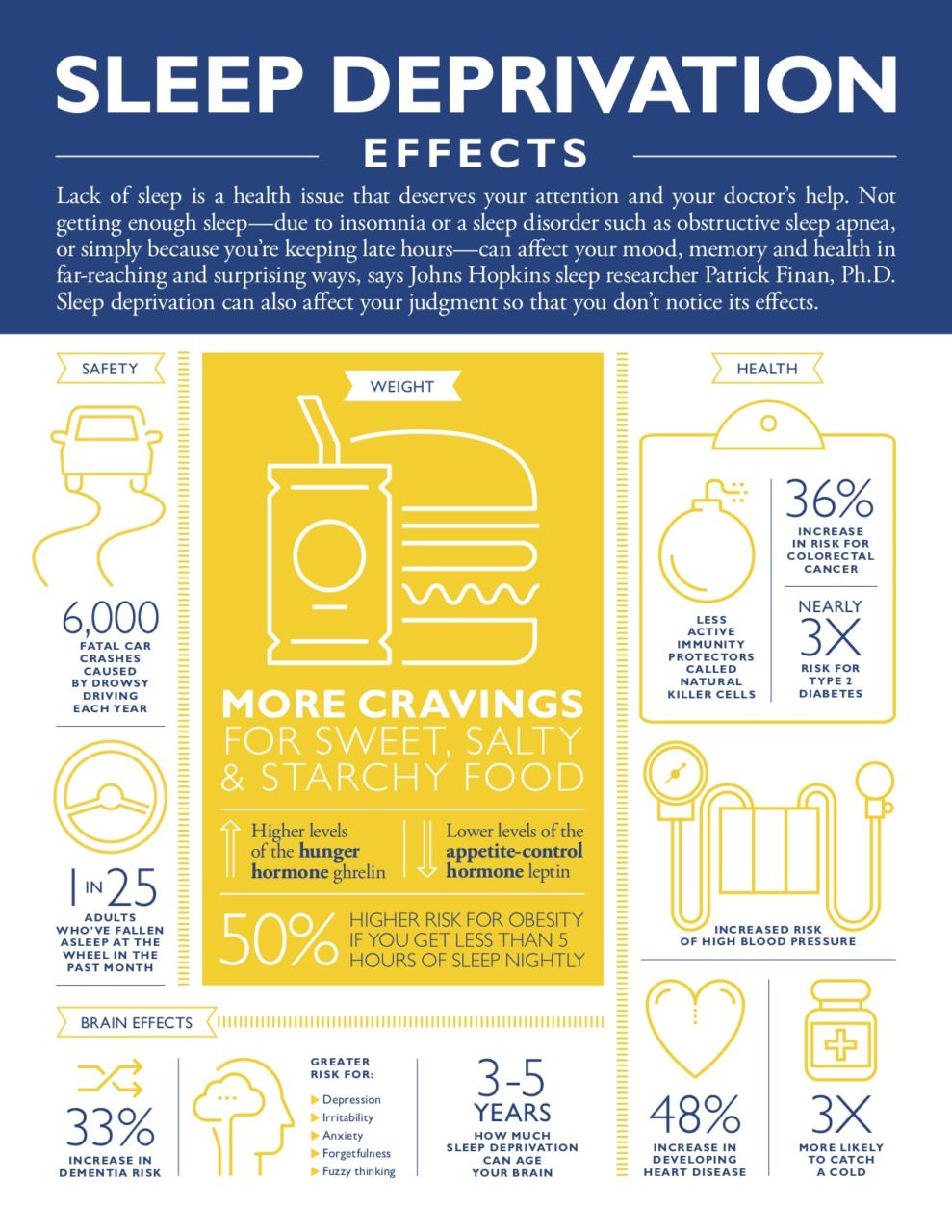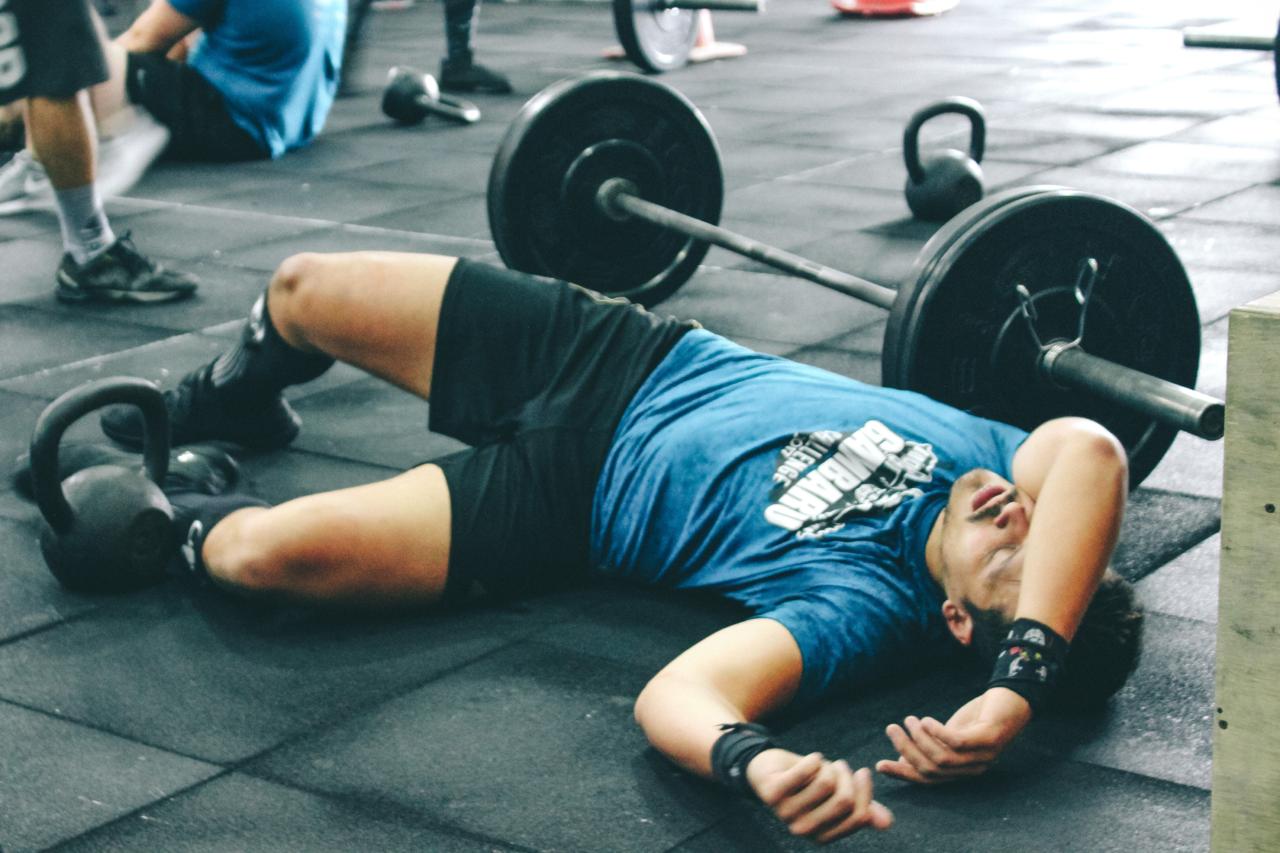There any many variables that don’t get accounted for when it comes to fat loss, especially if you’re a women. Yay hormones. But sleep and stress tend to be factors that we may have more control over, unless you’re Elon Musk and running three companies while trying to save the world. The difference in how you mentally and physically feel when you get 8 hours of quality sleep vs. when you’re regularly getting 5-6 hours is mind blowing. And the difference sleep makes when you’re trying to lose weight and push some decent numbers in the gym is also a game changer.
Enough people tend to stay up late and just watch TV or look at memes on the Gram, and then feel sluggish throughout the day. Or they go through 10 snoozes, wake up late, skip breakfast ,then buy some breakfast fast food. It’s a vicious cycle that consists of seeing how fast you can put clothes on, and a cycle that consists of way too much crappy Tim Hortons Coffee and breakfast food.
If you’re tired of reading because you know, time, or you’re just not feeling this blog, then at least do yourself a favour and watch this brilliant podcast featuring the very intelligent neuroscientist ,Matthew Walker, who talks about everything sleep related. A very informative and insightful podcast that is well worth your time. Like Joe Rogan says “Whoa”.
STRESS: EVERYTHING’S GONNA BE ALRIGHT
Stress is actually a good thing, in moderation, of course. There’s a good stress called eustress, which allows us to stay motivated, excited, and complete everyday tasks and jobs. So without stress, we humans wouldn’t get much done. And then there’s the stress that we’re all used to: stressing over school, your job performance, finishing a job project on time, financial stress, etc. Exercising has actually been show time and time again to reduce or help alleviate symptoms of stress, anxiety, and depression through endorphins released by the brain. Here’s a recent short journal article on the positive effects exercise has on depression.
Anyway, back to chronic stress. It can lead to different forms of anxiety and depression, and it also makes it harder to lose weight. Being chronically stressed causes the brain to release a hormone called Cortisol, which leads to a suppressed immune system and reduced leptin sensitivity. But, What is leptin and cortisol !?
Leptin is a crucial hormone that decreases your appetite and tells the body it’s full. So from a fat loss perspective, it’s crucial. You can think of it as your body’s red traffic light that signals your body to stop eating. As you can see in the diagram below, the greater the stress levels, the greater amount of cortisol that will be released into our body, which ultimately means our bodies react less to leptin.

Simple Tips On How To Relax (I’m Still Learning…):
- Actually Relax- Set aside some time during the day to sit still and clear your mind. This may mean turning off your phone, meditating, or just doing nothing.
- Meditate – The scientific research behind meditation and the positive effects it has on a person is outstanding. Learn on your own via apps or books, or take some classes.
- Siesta Fiesta ( Nap Party) – Another great way to relax and just restore your mind and body. A little power nap to get you reenergized.
- Do something everyday that YOU enjoy. This could be making time to read a book, gardening, running, or going to the gym.
- Deep breathing exercises and muscle relaxation.
- Find different stress alternatives. If you’re one to stress eat, then try going for a walk or a run when you feel stressed. Changing these types of patterns will help with weight loss.
SLEEP TO LOSE WEIGHT !?
We all know how to sleep, but we tend to either sacrifice our sleep or toss and turn all night. Sleep usually gets overlooked when it comes to fat loss even though it can have a huge impact because of hormones. Hormones are also the reason why it’s harder for women to lose weight because of their greater fluctuations, but that’s for another day. You could have your eating and exercise routine in place but sleep can be the limiting factor on why you’re not losing weight or getting stronger.
The hormone ghrelin is known as the “Hunger hormone” because it increases appetite; while leptin has the opposite effect and tells the body it’s full or reduces appetite. As you can see in the picture below, these hormones become significantly altered due to lack of sleep, which poses a problem if you’re trying to lose weight. It seems that ghrelin increases and leptin sensitivity decreases when we don’t sleep enough. And it’s not all about quantity of sleep, but also about the quality of sleep. . You’re more likely to eat more if you’re up for 18-19 hours of the day as opposed to 16 hours of the day because, well, you’re awake for longer.

Try Improving Your Sleep With These Simple Tips:
- Ensure your environment or room is dark when trying to sleep.
- Create a pre-sleep routine which may consist of a bathing and reading. Make a set sleeping schedule that you follow consistently.
- Get rid of any screens (distractions) like phones, laptops, and tablets in your bedroom.
- Stay away from late night caffeine or alcohol.
- Aim to get 7-8 hours of sleep on a regular basis.
STRESS & SLEEP FINAL THOUGHTS
As cliché as it sounds, fitness really is more of a journey towards living a healthier lifestyle where you’re getting adequate sleep, eating a well balanced diet, and being mobile and strong enough to live a long independent life.
Weight loss for some people can be simple and straight forward. They start moving more and eating less and they’re good to go. For others, it’s a bit more complex because they have to take care of other lifestyle factors if they want to get to their end goal. They may have to find different coping mechanisms for stress and/ or make themselves a better sleeping schedule. And even then, weight loss is not linear and neither is weight training, but then neither is life. On your journey to weight loss, you may find that you need to get other parts of your life in check in order to lose weight, but more importantly to live a happier lifestyle.


